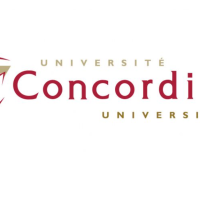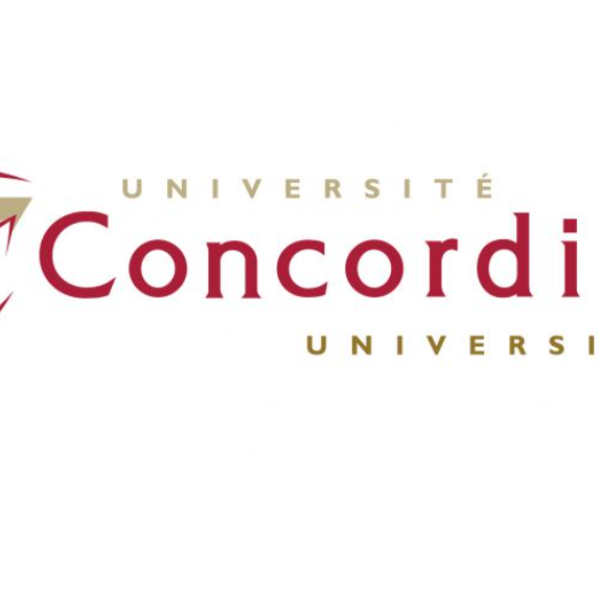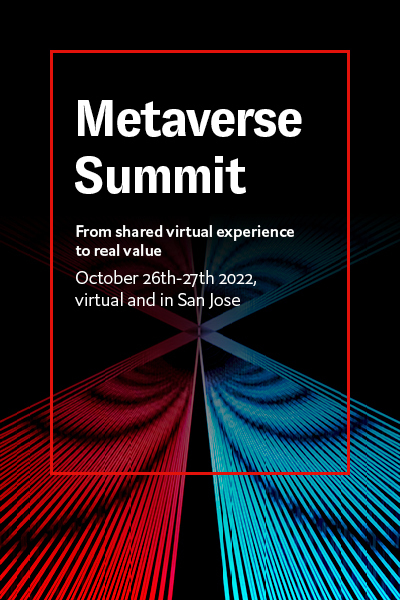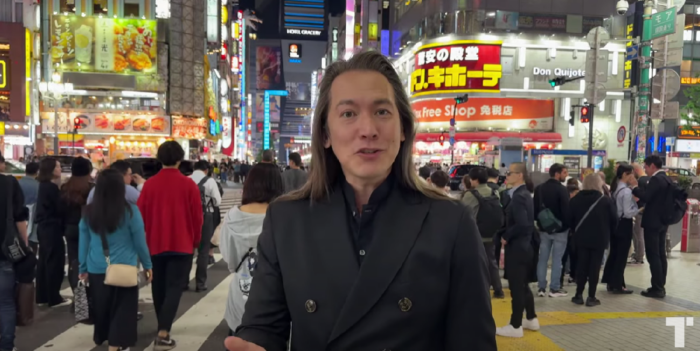- Last modified: November 20, 2023
The integration of Generative Artificial Intelligence (GenAI) into higher education is paving the way for transformative changes in how students learn, teachers instruct, and researchers innovate. This technology’s burgeoning role in academia has led to Concordia University participating in a groundbreaking two-year research project titled “Making AI Generative for Higher Education.”
“This two-year project is an important opportunity,” said Dianne Cmor, associate university librarian for teaching and learning and one of the co-leads on Concordia’s cross-sector team. “To do this work in a cohort,” she continued, “enables us to aggregate findings and to learn together and from each other. This approach will allow us to pool our knowledge to assess current and future impacts on teaching, learning and research.”
This initiative, spearheaded by Ithaka S+R, brings together 18 institutions across North America, including Canadian universities like McMaster and Queen’s, and U.S. universities such as Carnegie Mellon, Princeton, the University of Chicago, and Yale. The project aims to explore GenAI’s potential to revolutionize teaching, learning, and research. It will assess needs across these institutions and develop strategies, programs, and policies to effectively integrate this technology.
“Gaining insight into the big picture trends of how universities might respond to shared findings, opportunities and challenges about GenAI is a key objective,” said Fenwick McKelvey, co-director of Concordia’s Applied AI Institute and a co-lead on the university’s cross-sector team, before adding: “The project’s collaborative nature provides an opportunity for better planning and collective exploration into how the advancements of GenAI can impact the core operations and public missions of universities.”
In its first year, the project will investigate university activities most impacted by GenAI. The following year will be dedicated to crafting institution-specific strategies for faculty, researchers, and students. Concordia’s involvement will be facilitated by a cross-sector team from its Library, the Centre for Teaching and Learning, the Applied AI Institute, and the Innovation Lab. This collaboration will allow Concordia to address its unique needs and strengths, preparing for AI-induced changes in higher education.
Ithaka S+R plans to publish a landscape review and share outcomes from each phase of the project. This collaborative effort is expected to yield insights and recommendations that will guide institutions in adapting to and benefiting from GenAI advancements.
John Paul Foxe, CTL’s senior director and one of the co-leads on the cross-sector team, said: “Charting a path with the participating universities and collectively contributing strategies and interventions will enable us to help Concordia faculty. Faculty can then learn about and use GenAI productively and ethically in their teaching and research activities. This strategy will inform policies and guidelines, training content, assignment ideas and research tools.”







